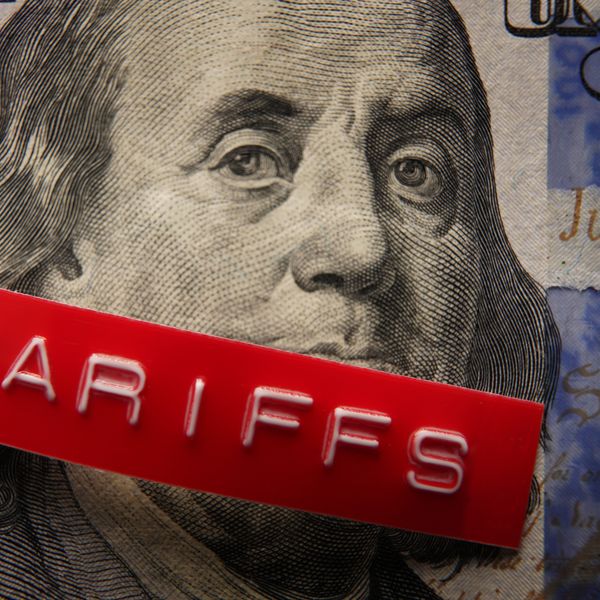Extraordinary Circumstances: The Journey of a Corporate Whistleblower, by Cynthia Cooper
Cynthia Cooper was a true corporate whistleblower. She became
famous, not by choice, but because of the WorldCom financial statement
fraud valued at $11 billion. She was the Vice President of Internal
Audit at WorldCom, a position that was not easily obtained. She almost
single-handedly created the internal audit department at WorldCom, and
her book Extraordinary Circumstances: The Journey of a Corporate Whistleblower details the struggle to get management to take internal audit seriously.
Things started going wrong at WorldCom very early. The company went
on an acquisition spree, and the merging of many small companies,
managers, and accounting systems was a disaster waiting to happen.
Cynthia says that WorldCom was much better at acquiring companies than
integrating them, and that is clear.
From an accounting perspective, it was next to impossible to create
a properly controlled system. There were too many small systems being
pieced together, and it was easy for numbers and authorizations to get
lost in the shuffle. This struggle is well-documented by Cynthia, who
no doubt painstakingly researched the various acquisitions in order to
give such a complete history.
times the book seems to get a little off-topic as Cynthia goes through
each player’s background briefly. Honestly, that information isn’t
really relevant to the story and, while it was probably intended to
make these characters relatable human beings, it really just serves to
make the book longer than necessary. It prolongs the process of getting
to the real heart of the story.
I was drawn into the parts detailing the background of Bernie Ebbers
and his early entrepreneurial ventures. I don’t think Cynthia came
right out and said that Ebbers wasn’t equipped to run WorldCom, but
that’s exactly how it appears when you’re done reading.
Where this book is so good is in detailing the fraud and how it
happened. I don’t think most consumers know how and where WorldCom’s
fraud started: all in the “line costs.” You don’t need an accounting
background to understand the details of the fraud once Cynthia explains
how things went down. Earnings were too low and management was, quite
simply, looking for a place to reduce expenses.
When management realized they were paying too much for capacity that
they weren’t selling to customers, it became clear. Take some of those
“line costs” and capitalize them, which essentially amounts to moving
them off the profit and loss statement (decreasing expenses and
increasing profits) and onto the balance sheet (increasing assets).
WorldCom moved those line costs into something that the executives
called “prepaid capacity.” The company’s financials instantly looked
better, and CFO Scott Sullivan found that this was an easy way to
rehabilitate the financial statements each quarter. Wall Street wanted
lots of growth, and that’s exactly what the executives delivered by the
time the fraudulent accounting entries were completed.
Yet the process of uncovering this fraud, as Cynthia and her team
would soon find out, was grueling. Their investigation into the
accounting shenanigans was long because the accounting entries behind
this manipulation of the financial statements were complex. Hundreds of
entries were made to a variety of accounts in order to confuse anyone
who might later look at them. And the investigation was hard because
management didn’t want Cynthia and her people looking into the entries,
for obvious reasons.
After the fraud became clear to Cynthia and her team, there was a
long fight over whether something should or could be done about it.
Scott Sullivan was determined to find an accounting rule to justify the
fraudulent accounting entries. It is no surprise that there is not an
accounting rule that backs up what was done, because it wasn’t done
with the accounting rules in mind. It was done with only Wall Street in
mind.
And WorldCom’s audit committee wasn’t completely behind the internal
auditors’ investigation or results. The audit committee should be the
independent group of individuals to whom an employee can voice concerns
and be taken seriously. Yet Cynthia didn’t seem to be given as much
consideration as she should have been, and she relates this struggle
nicely in the book.
The story of the investigation comes to life through Cynthia’s
words. I found myself drawn into the story, and I could feel myself
sitting there as the internal auditors were going through entry after
entry, always watching their backs because the executives didn’t want
them investigating.
Lots of clichés and heartwarming stories of family interactions are
woven into the book. Again, these things aren’t really all that
relevant to the story and merely provided a distraction from the
business at hand: the collapse of WorldCom.
These minor criticisms don’t take away from the book as a whole. It
is a detailed account of what happened, and digs much deeper into the
WorldCom fraud than I ever expected. The detail behind how the fraud
occurred is told in a fascinating manner, and I found myself able to
picture WorldCom executives sitting around and comparing the company’s
financial results to the expectations of Wall Street … and making
fraudulent accounting entries to meet those expectations.
Congratulations, Cynthia, on a successful first book. And many
thanks for being willing to stand up for the truth and fight to expose
the WorldCom fraud.




